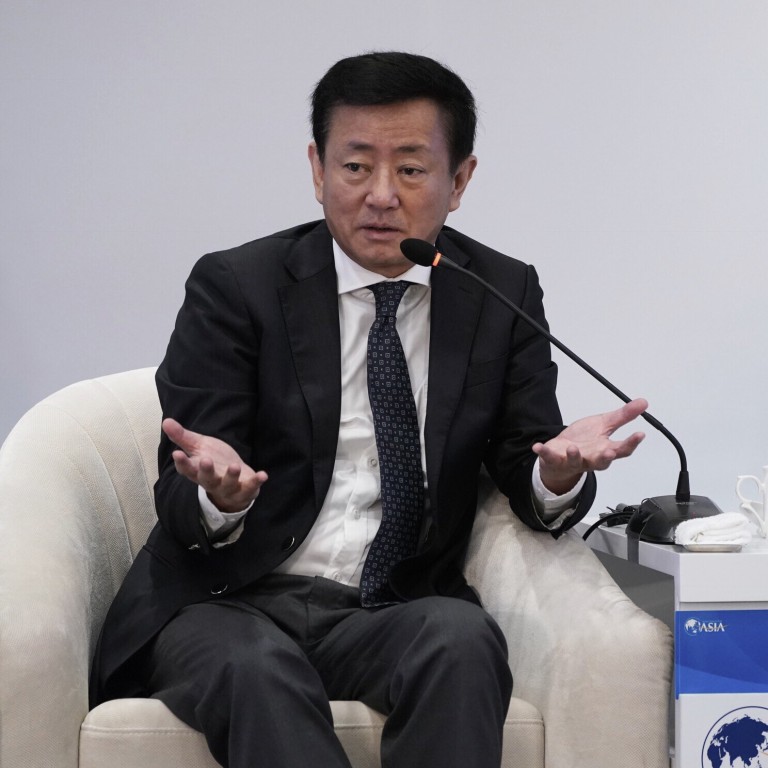
Trade war: China, US tensions will persist despite phase one deal, says renowned scholar
- The interim deal, announced last week, is a ‘good thing’ according to National Economic Research Institute director Fan Gang
- But a mainstream view among Chinese government researchers is that the United and China are engaged in a rivalry that ‘won’t be fixed as quick as five to 10 years’
China’s phase one deal with the United States will neither lead to balanced trade nor end a broad rivalry between the two countries, according to an influential Chinese researcher.
Fan, who co-founded the influential Chinese Economists 50 Forum together with Vice-Premier Liu He and central bank governor Yi Gang in 1998, cited the history of the US’ rivalry with Britain, the former Soviet Union and Japan in suggesting that the competition between Beijing and Washington will be long term.
The phase one deal is certainly a good thing, but we need long-term views because the [bilateral] problems may not be sorted out in the short-run
“It won’t be [fixed] as quick as five to 10 years,” Fan added.
His comments joined a widely shared view among Chinese academia that China and the US are now locked in a broad economic and geopolitical rivalry that could last well beyond the term of US President Donald Trump.
“I am not too optimistic. It is uncertain whether the phase two will be initiated. Even the trade imbalance can’t be solved well. It will come back tomorrow even if it is tackled today.”
Fan added that the trade truce could be disrupted at any time as both Democrats and Republicans in the US are unprecedentedly united over being tough on China, especially in the upcoming US Presidential campaign.
“When we will have talks or not are actually in the hands of the US,” he said. “We must be prepared in mind that the supply ban on Chinese firms, decoupling efforts and the suspension of exchanges [of information] could continue. Many of these things are not included in the [phase one] deal and we will continue to bring them to the table, but in reality, they will largely continue.”
Fan said China should try to avoid further deterioration, including decoupling.
“I wish [the two countries will] not decouple. It’s better to be interconnected, rather than self-reliant,” he said.
Signs of decoupling between the world’s two biggest economies already exist as some multinational companies are relocating facilities out of China, while Washington continues to block Chinese technology firms’ access to US technology.
Beijing has made efforts to open its financial markets and industries wider to foreign investors, with China’s negative entity list has been reduced and moves made to improve the overall business environment.
Fan said China must prepare for long-term friction and “do our own better business” in order to mitigate the negative impacts of the trade war.
He added that the phase one deal has, though, reduced uncertainties for China’s economy in 2020 and that the economic situation will be stable next year or “even slightly better than this year”.

